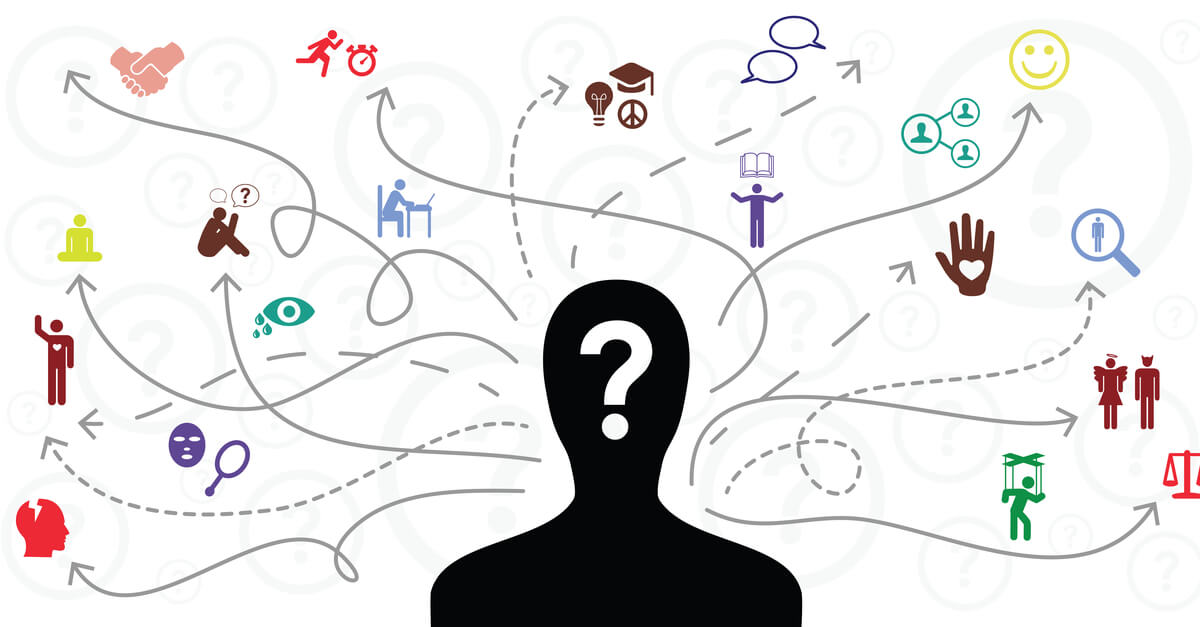Psychophysiology is the branch of psychology linked to the physiological basis of psychological processes. It is a discipline of psychobiology and its object of study is the human being. Psychophysiology aims to study the behavior of human beings and the processes that organize them. More specifically, it deals with the study of our somatic and physiological processes.
From its birth in the last third of the nineteenth century to the present day, its object of study has remained constant, however, technological advances and the influence of different currents of thought have shaped the way we approach the study of the brain in relation to behavior.
- Currently.
- The brain is studied using techniques from different disciplines.
- So we can find a relationship between psychophysiology and physiological psychology.
- Neuropsychology.
- Psychoendocrinology.
- Psychoneuroimmunology or the psychobiological field of neurosciences.
Some journals responsible for disseminating knowledge from this perspective are:
As already mentioned, psychophysiology aims to study the behavior of the human being and the processes that organize it, for this purpose this discipline uses certain techniques with which it captures physiological signals, all these captured signals are transformed into electrical signals for analysis.
Thus, to obtain the psychophysiological signal, we must first capture this signal, which can be picked up directly, electrically or bioelectrically, or indirectly bioelectrically; some of the instruments that can be useful for capturing these signals are thermistance or photopletismograph. The signal is picked up and transmitted by the sensors, can be transformed, amplified, filtered and/or calibrated.
Finally, to receive the signal, you must register. This step can be performed on a millimeter paper moved at constant speed, which is recorded with oscychographs, can also be performed on computers, when the amplification phase ends, the latter process is more dynamic and facilitates signal manipulation.
To explain the psychophysiological signal it is necessary, on the one hand, to analyze and, on the other hand, interpret the sign, so the following parameters are analyzed in the psychophysiological signal:
The signal can be recorded in monopoly or bipolar mode
The psychophysiological response obtained can be in three ways.
Based on the psychophysiological response, the following are analyzed:
In addition to the above, in psychophysiology it is important to take into account the context of registration, in this way the signal can be recorded in the field or in the laboratory, if the registration is done in the field, certain variables such as temperature, humidity, light, etc. , must be controlled.
In this way, the experimental task will be carried out in several phases. First, before the task, it is important to know the physiological characteristics and responses of the analyzed individual. Then there will be an adaptation phase, followed by a “basal” recording, a stimulation recording and a post-stimulation recording.
Finally, it is worth mentioning the nature of psychophysiology as a branch in which different disciplines converge, the most immediate consequence of which is that much of their knowledge is generated from what other sciences produce. generated can also be used by other sciences. We are certainly talking about fascinating discipline.

